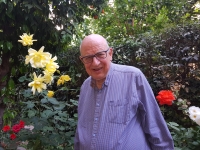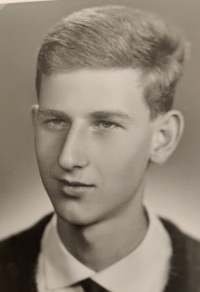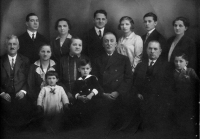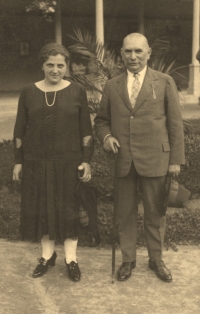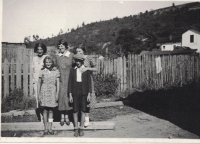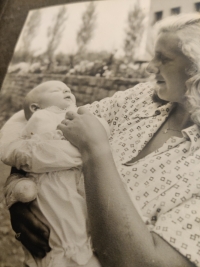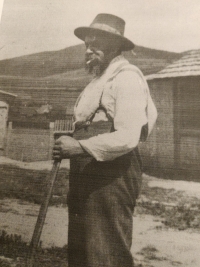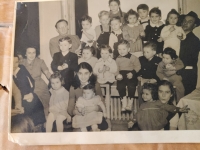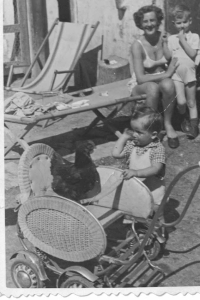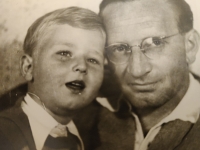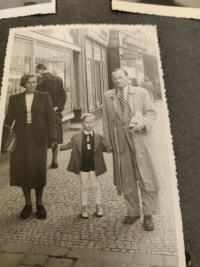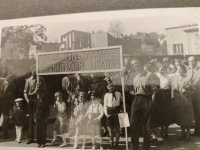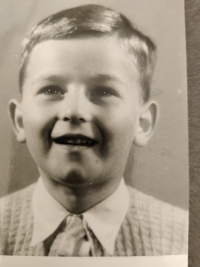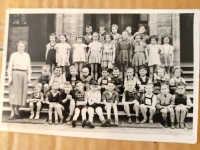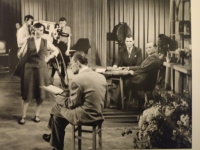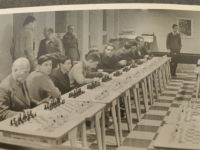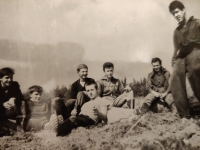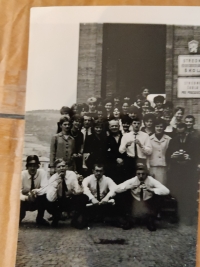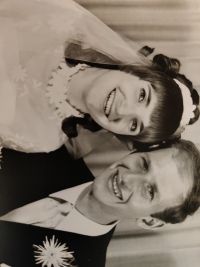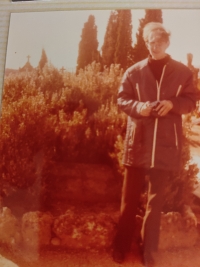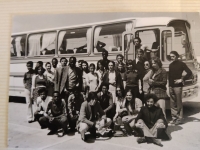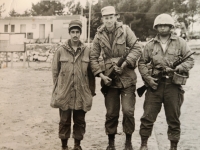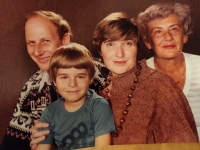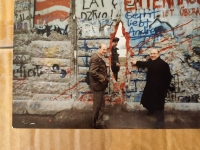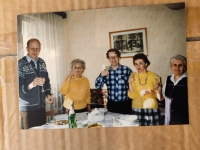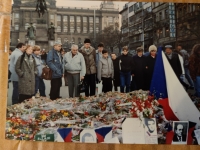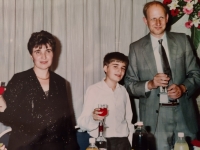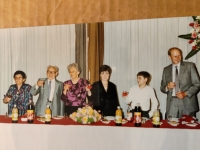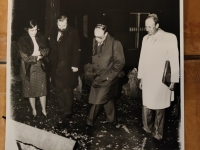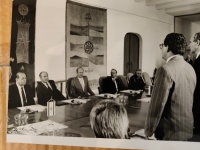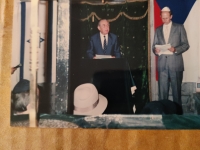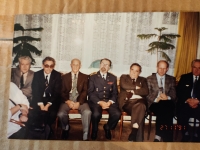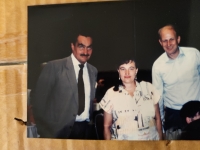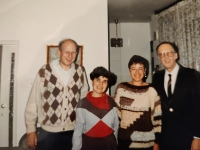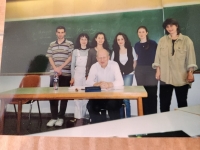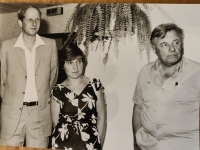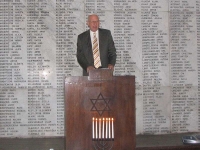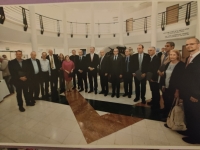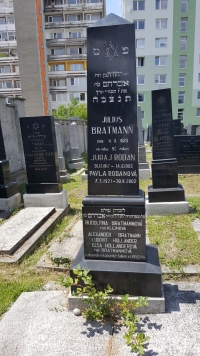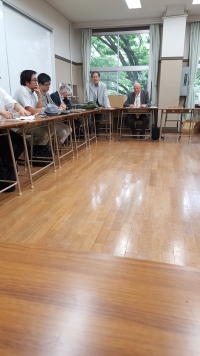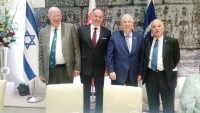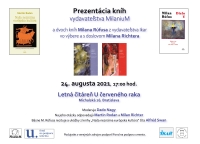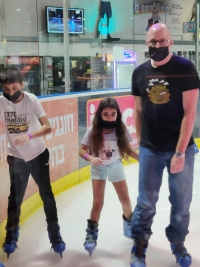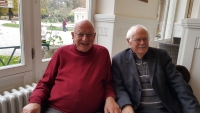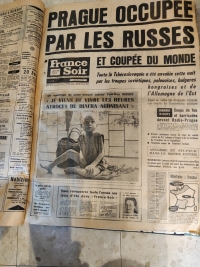My dream was to have a boring life, but somehow the events always made it not so

Download image
Martin Rodan was born on June 11, 1947 in Martin to parents of Jewish origin, Shoah survivors Juraj and Pavla, née Schreiberová. He spent his childhood in Žilina in an apartment on Gotwaldová street (today Štefánikova). As a child, he became seriously ill and during treatment in Martin witnessed the persecution of religious in communist Czechoslovakia. After passing the matriculation exam in 1965, he continued to study French and Latin at the Faculty of Philosophy of the Comenius University in Bratislava. In 1968, during his study stay in France, he received news about the invasion of Czechoslovakia by Warsaw Pact troops. After spending two months in Paris, he finally decided to emigrate to Israel. The Regional Court in Banská Bystrica awarded him a two-year sentence for illegally leaving Czechoslovakia. In Jerusalem, he continued his studies at the Hebrew University. In 1972, he received a scholarship from the French government to study for a doctorate at the University of Clermont-Ferrand, and in 1975 he successfully defended his dissertation. After completing his doctoral studies and military service, he worked at the University of Haifa and the Academy of Fine Arts in Jerusalem. During normalization until the coup, he maintained mostly only correspondence with his parents. He met both of them only in 1971 on vacation in Romania. In the same year, without the presence of his parents, who did not receive permission to travel to Israel, he married Tamara, b. Golan-Goldenberg. In 1977, their son Ami was born. He came to Czechoslovakia only in January 1990 and stayed here until 1992, because he was appointed the first representative of the Jewish Agency in Czechoslovakia. After returning to Israel, he taught French literature at the Hebrew University and aesthetics at the Hadasi Academic Institute. He is currently retired, but still engaged in publishing.
